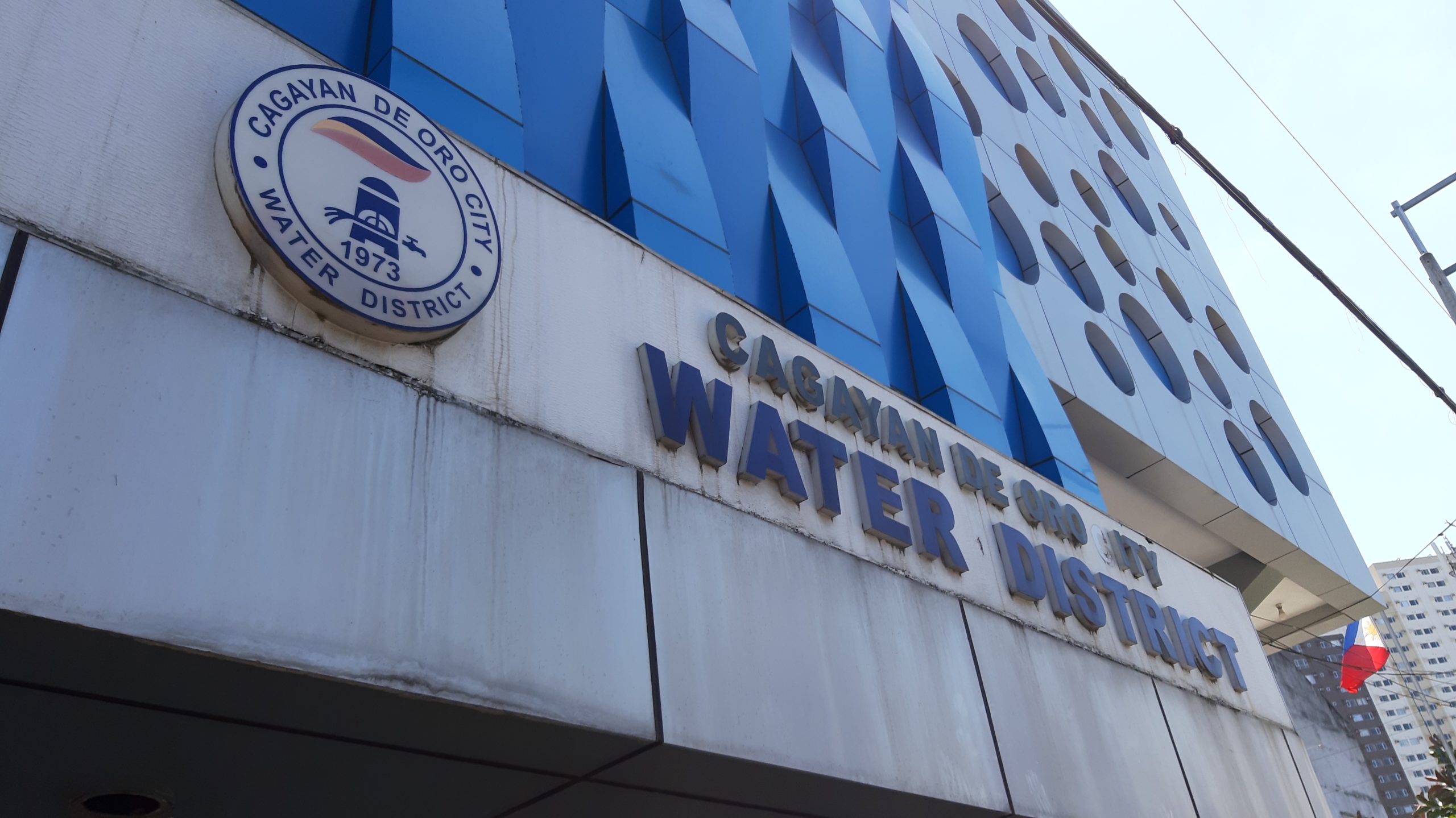MUSLIM communities on Sunday celebrated the Eid’l Fit’r–or the feast of breaking the fast–but the festivities are markedly absent in many evacuation centers that have now served as temporary sanctuary to thousands of displaced families from Marawi City.
At the Ceanurie community in Tomas Cabili in Iligan, several families are staying at the homes of relatives. Those who have no relatives in Iligan have sought sanctuary at the Al Nur Islamie madrasah (Islamic school).
While waiting for the food from their community kitchen, some seek the shade of the few trees around the compound, while others endure the heat of the cramped classrooms. A mother nurses her 16-day old baby outside their makeshift room put up with tarpaulins and steel sheets. Her baby is named Lady Sagira, taken from “giyera” the local word for war. Lady Sagira will forever carry this identity – born during war.
The family reechoed what several of the evacuees have already said in the days following their exodus from Marawi. They had thought that the gunfight was going to last for three days – a week, at most. So they panicked when bombs started blasting their communities.
“What we have worked for over the years went up in flames that fast,” said one evacuee during a group discussion facilitated by the Rural Missionaries of the Philippines-Northern Mindanao Region. “Duterte bombed it. I do not know why. Who are we to blame? The Isis? Duterte? Ourselves? I do not know anymore.”
Amid the boasted success of martial law in containing the Marawi crisis, evacuees start feeling like sacrificial lambs. With the government agencies, civil society organizations, and investors coming together to discuss the rebuilding of Marawi, the displaced residents are left in limbo.
“We do not know if there is anything left of our homes,” said another evacuee. “And if indeed a structure is still standing, what about our looted possessions? Who will we hold accountable?”
Even beyond their expressed need for humanitarian aid, what they want now more than ever is justice. They want to know why their communities were bombed, ransacked, their families forced to scatter in several evacuation centers.
“And this during the holy month of Ramadan,” said Aida Ibrahim, spokesperson of Kalinaw Mindanao. Herself a Maranao, she knew the stories of difficulties the religious had to go through during martial law. “The government says there were no human rights violations done. But even without going into the details of the deaths of civilians, of possible missing persons – at this point difficult to determine because of the situation of the evacuees – what they had been doing had been of utmost disrespect for our religion.
“When they occupied the masjids in Marawi City, when they restricted the movement of my fellow Maranaos who are expected to pray in mosques both in the morning and at night, when they buried the bodies of civilians without consideration for our burial customs, they have violated our very identity as followers of Islam. These also showed how little value they have for us, and this is now the sentiment of the evacuees who feel like they had been forced to sacrifice for an ulterior motive of the government.” (rmp-nmr)
Disclaimer
Mindanao Gold Star Daily holds the copyrights of all articles and photos in perpetuity. Any unauthorized reproduction in any platform, electronic and hardcopy, shall be liable for copyright infringement under the Intellectual Property Rights Law of the Philippines.








